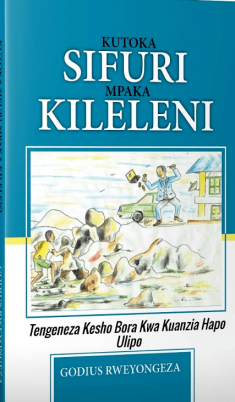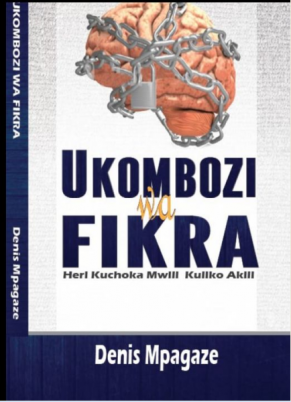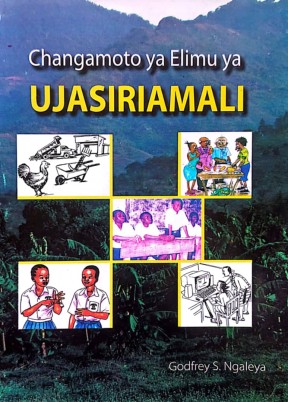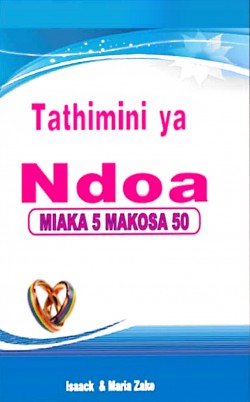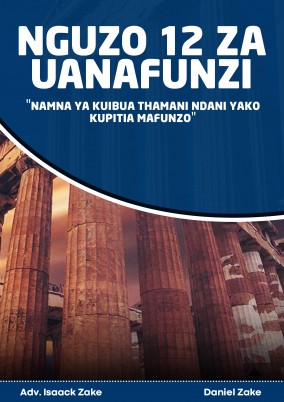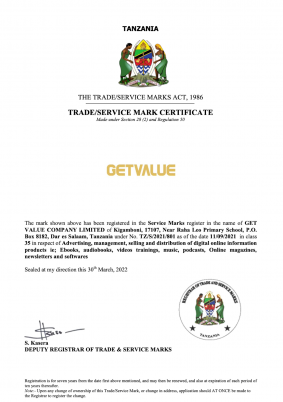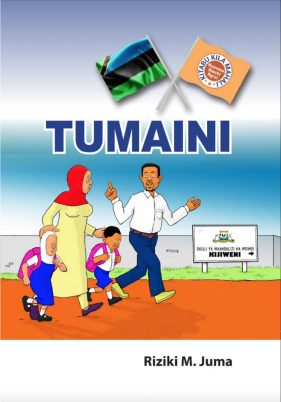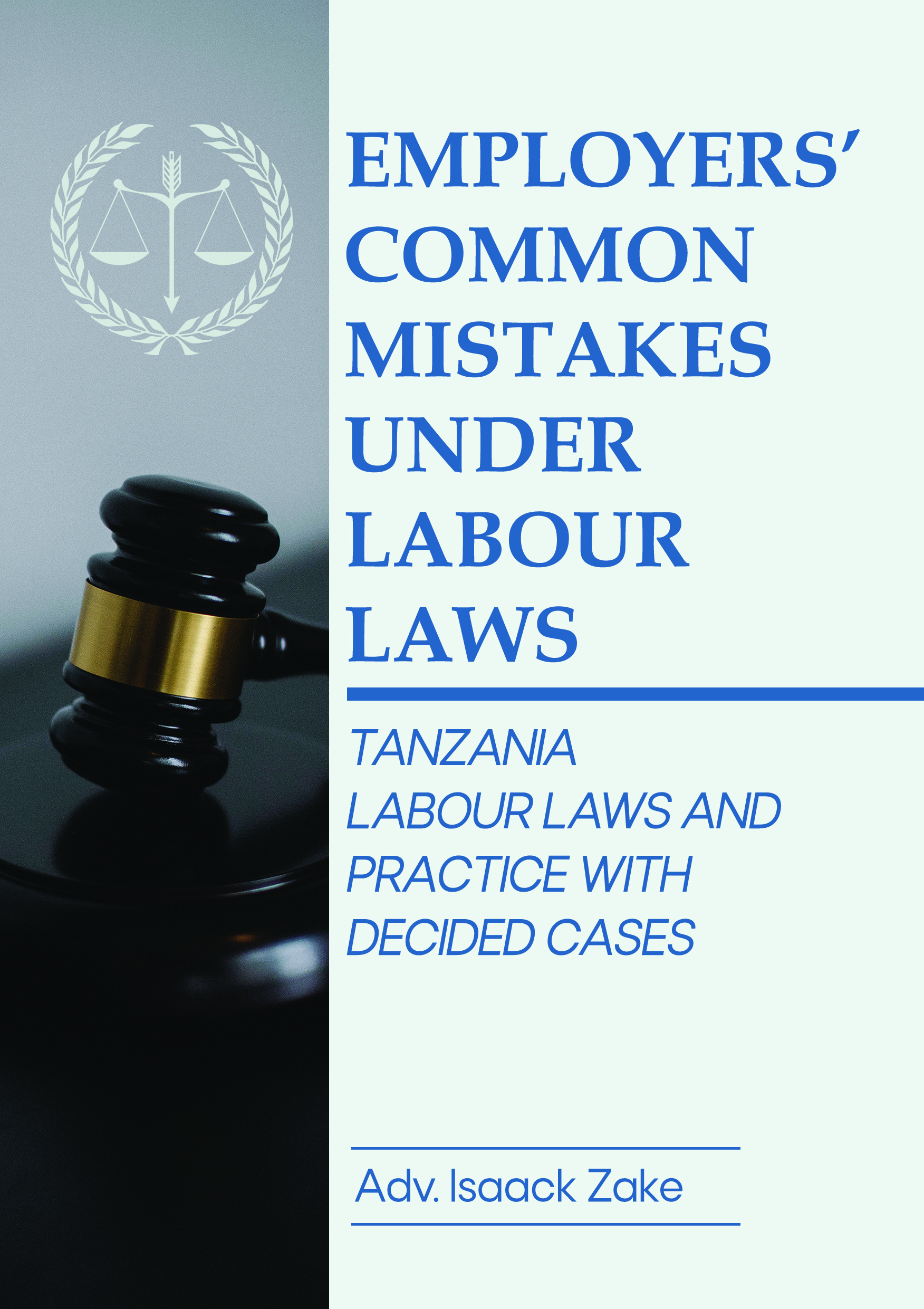
Employers' Common Mistakes Under Labour Laws
Discover the Common Mistakes of Employers' under the Labour Laws - Tanzanian Labour Laws and Practice with Decide Cases
It is an established fact that there is high rate of labour disputes all around our country. That the Commission of Mediation and Arbitration (CMA) and the Labour Court is loaded with labour disputes. It is also a fact that these disputes are mostly referred by the employees i.e 95% of all disputes are referred by employees at CMA. Furthermore, in most cases it ends in favour of an employee whereby employers are penalized accordingly i.e more than 80% employers lose in labour disputes.
Most of the
employers are in dilemma not knowing what to do as regarding number of issues
such as;
- Do we need to offer employment to employees?
- How are we supposed to administer this employment relationship?
- What are we supposed to do with an employee who misbehaves?
- What could be the reasons to justify our actions if we don’t need to continue with an employment relationship?
- How are we going to handle various concerns when an employee is involved in misconducts?
- How are we supposed to penalize an employee in misconduct?
- What to do with an employee who is performing below the standards? etc
Employers are
surprised to see that in most cases they are dealing with employees on honesty
way but at the end they are the one who suffer the consequence of application
of labour laws, despite the fact that an employee was the one who is guilty for
misconduct.
Employers are
suffering because of the costs of legal fees to defend their cases, penalties
awarded by the CMA or Labour Court and loss of precious time in litigation of
labour dispute.
The author has
pointed out 50 selected Employers’
Common Mistakes that are committed by the employers which lead to most of
the sufferings of employers. This book is loaded with materials such as case
laws, guiding laws and professional advice to the employers and other labour
practitioners that will assist Employers to handle different issues of labour
relations without running a risk of creating a labour dispute upon termination.
This book will
equip the employer and any labour practitioner with;
·
Understanding of the application and the development of the current
labour laws in Tanzania
·
Skills on how to apply the labour laws and procedures in different
labour issues with an employee
·
Professional advice on how to handle labour issue with the employee
at work place before the matter has reached to the referral organs such as CMA
and the Labour Court.
Remember it is
not about having qualified legal
representation at CMA or Labour Court that will guarantee success of employers
in defending their case, but learning and understanding these Common
Mistakes committed at workplace will guarantee the success of employers.
This book is
highly recommended to the employers, human resource managers, labour law and
human resource management training institutions and all other labour law
practitioners and stakeholders.


